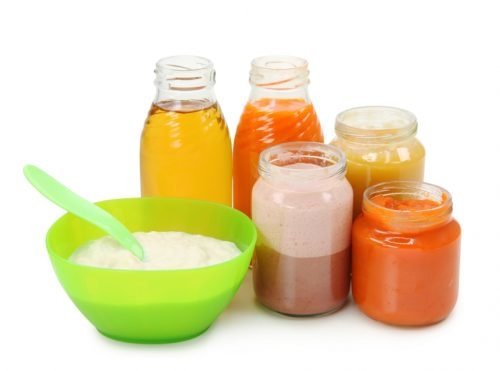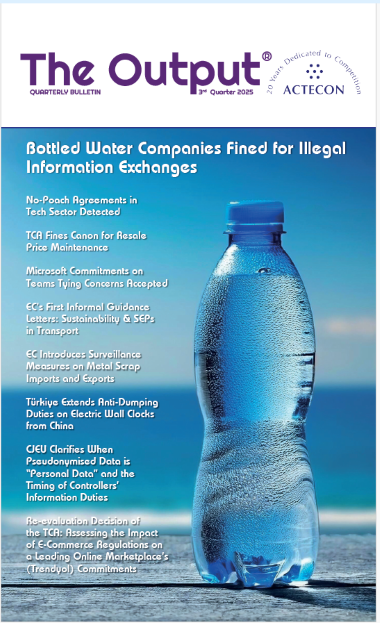No Price Fixing in the Baby Food Products Market
| Competition Law

The Turkish Competition Authority announces the conclusion of its preliminary inquiry and finds no price fixing in the baby food products market (Numil / Nestlé / Montero / Kopas / Hipp / Hero / Abbott)
Article by Bahadır Balkı and Ertuğrul Can Canbolat
Introduction
In February 2019, the Turkish Competition Authority (“TCA”) released the public version of its decision [1 ] with regard to its preliminary inquiry against the undertakings producing and/or selling baby food products. Contrary to the price fixing allegations, the TCA found that the concerned undertakings did not breach Article 4 of the Law No. 4054 on the Protection of Competition (“Competition Law ”) and thus held not to initiate a full-fledged investigation.
As will be explained below, the TCA’s determination of relevant product markets in the baby food industry and its economic analysis for price fixing evaluations are noteworthy points.
Relevant Markets – Substitutability Test Based on the Intended Use, the Age of a Baby, the Distribution Channel, and the Nature of a Baby Food Product
In defining the relevant product markets, the TCA has put emphasis upon the following along with the evaluations in its and EU’S previous competition cases:
- the intended use to distinguish the baby food from various foodstuff;
- the differences between “infant formulae” and “follow-on formul ae” to determine the main categories of baby food products;
- the baby’s stages to sub-segment the “baby milk” products;
- the nature of and distribution channel used for a baby milk product (i.e. standard and therapeutic) to disclose the non-substitutability. As regards the intended use, the TCA stressed that the baby food products are separate from other regularly used foodstuff (e.g. milk, rice flour, custard, and biscuits) since the organism and digestive system of a baby is different than those of an adult and baby food products consist of the most accurate composition of vitamin, protein, carbohydrate, oil, and minerals required by a baby (i.e. it enables the satisfaction of a baby’s need in the best way and at one time). Additionally, the TCA determined that the baby food products may be gathered under three main categories, i.e. bottle formulae (baby milk), spoon formulae, and jar baby food. Having compared the above-mentioned products, the TCA concluded that spoon formulae and jar baby food are used in case the bottle formulae is not sufficient to satisfy the needs of a baby and thus they can only be complementary to the bottle formulae. Furthermore, while spoon formulae is to satisfy a baby’s need for a meal, jar baby food is used to meet the need of a baby for fruits.
Then the TCA highlighted that the bottle formulae may be sub-segmented in accordance with the baby’s stages:
- infant milk for babies aged 0-6 months;
- follow-on milk for babies aged 6-12 months;
- growing-up milk for babies aged 12-36 months. In this context, it should also be noted that the TCA also referred to the special labelling requirements of each product which are set out under the Turkish food codex legislation on baby food products.
Eventually, as in the EU Commission’s DANONE/NUMICO decision [2 ] of 2007, the TCA evaluated the differences between standard and therapeutic milks by focusing on the addressed consumers (i.e. therapeutic milks are used for the babies with a health problem) and the distribution channels (i.e. therapeutic milks are only sold in pharmacy channels) along with the prices (i.e. therapeutic milks are more expensive) and the refunding system (i.e. therapeutic milks may be refunded). Therefore, standard and therapeutic milks are deemed non-substitutable.
In light of the above, since the complaints relate to the bottle formulae, the TCA de







